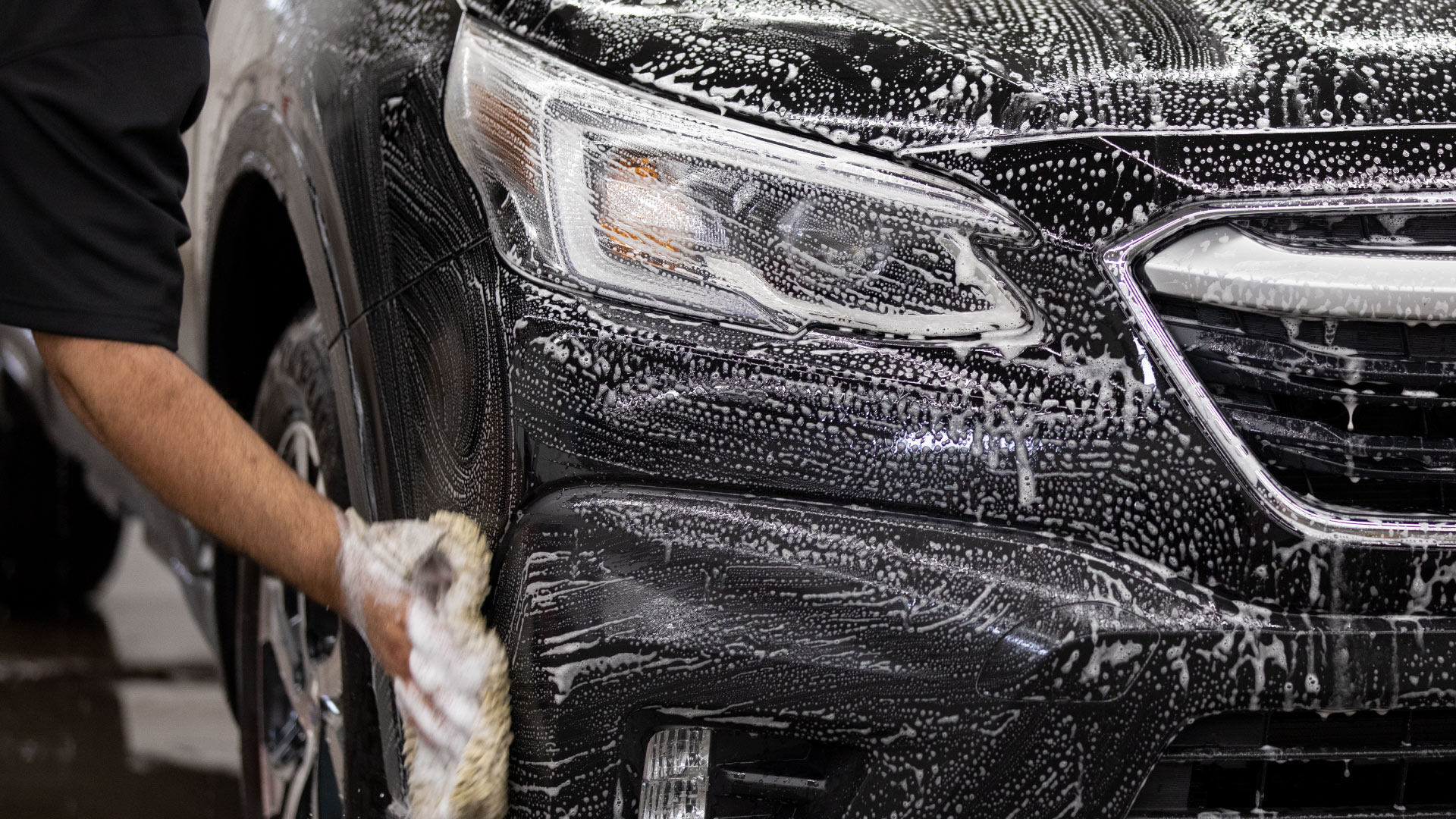Vital Vehicle Care Practices: Maintain Your Automobile in Optimal Problem
Reliable vehicle care practices are basic to making certain that your car remains in optimal condition throughout its lifespan. Lots of automobile owners neglect these important elements, potentially threatening their financial investment.

Normal Oil Adjustments
Normal oil adjustments are crucial for preserving optimum engine performance and long life. Engine oil offers as a lubricating substance for the many relocating parts within the engine, avoiding friction and wear. With time, oil can end up being infected with metal, debris, and dirt bits, decreasing its effectiveness and resulting in potential engine damage.
The regularity of oil modifications can differ based on several factors, consisting of automobile make and design, driving problems, and the type of oil used. Generally, it is suggested to transform the oil every 3,000 to 5,000 miles for traditional oil, while synthetic oils may extend this period to 7,500 miles or more (Rochester Car Care). Constantly get in touch with the car's owner manual for particular referrals.
Along with securing the engine, routine oil modifications contribute to far better fuel efficiency and lowered exhausts. Old, degraded oil can result in boosted engine pressure, causing greater gas usage. Keeping tidy oil assists to promote a healthier setting by minimizing unsafe exhaust discharges.
Tire Maintenance Tips

Additionally, evaluate your tires for unequal wear, which can show alignment or suspension problems. Revolve your tires every 5,000 to 7,500 miles to promote also use and extend their life-span. Take notice of walk depth; tires with insufficient step can endanger grasp, specifically in wet problems. A straightforward test includes positioning a cent right into the step; if you can see every one of Lincoln's head, it's time for brand-new tires.
Imbalance can create early tire wear and impact vehicle handling. Normal maintenance of your tires not only enhances safety but additionally improves fuel efficiency and prolongs the life of your vehicle.
Brake System Checks
The brake system is a critical part of automobile safety that needs regular focus and upkeep. Normal checks of the brake system can avoid possible failings and ensure optimum efficiency. Begin by checking the brake pads and footwear for wear. A lot of pads have a built-in wear indicator, which provides a distinct signal when they require substitute. Additionally, look for irregular wear, which may suggest issues with the calipers or suspension.
Next, analyze the brake rotors for indications of racking up or buckling. Uneven surfaces can result in bad stopping performance and needs to be attended to immediately. It is additionally necessary to examine the brake lines and tubes for any type of indicators of leakages, splits, or bulges, as jeopardized lines can lead to brake fluid loss and failure.
Liquid Degree Examinations
Preserving optimal liquid levels is essential for the smooth operation and longevity of an automobile. Regular inspections of critical liquids, including engine oil, coolant, transmission fluid, brake fluid, and power guiding liquid, are critical to making certain that your car executes at its ideal. Each of these liquids plays a vital function in the overall functionality of the vehicle, contributing to various systems such as air conditioning, lubrication, and hydraulic procedures.
To conduct a comprehensive liquid degree evaluation, begin by seeking advice from the car's owner handbook for particular recommendations on liquid kinds and levels. Examining engine oil can be conveniently these details done making use of the dipstick approach, ensuring that the oil is at the advised level and totally free from particles or staining. Routine fluid degree examinations not just prevent possible failings however also boost total automobile efficiency and safety and security.
Battery Care and Upkeep
An often-overlooked element of car upkeep is the treatment and maintenance of the battery, which plays a crucial role in beginning the engine and powering electrical systems. Normal battery upkeep can dramatically extend its life expectancy and avoid unanticipated failures.
To make sure ideal efficiency, visually evaluate the battery at least when a month. Search for indications of deterioration or leakage around the terminals, which can hinder electrical flow. If you notice white, fine-grained deposits, tidy the terminals with a mix of baking soft drink and water, and ensure they are securely linked.
Furthermore, check the battery's fluid degrees if it is not a maintenance-free model. Completing with pure water can help keep appropriate electrolyte degrees. It's likewise suggested to examine the battery's cost frequently, especially before extreme climate periods, as both cold and heat can affect efficiency.
Purchase a battery maintainer if your vehicle is not driven frequently, as this can prevent deep discharges. Inevitably, a little interest to your battery can go a lengthy means in guaranteeing your vehicle starts reliably and runs effectively. Routine maintenance fosters long life and assists prevent costly replacements.
Conclusion
Regular oil adjustments, persistent tire maintenance, extensive brake system checks, liquid degree examinations, and regular battery care jointly guarantee that cars run efficiently and safely. Prioritizing these upkeep regimens is important for any type of vehicle owner aiming to keep their car in peak problem throughout its life expectancy.
The regularity of oil adjustments can vary based on numerous factors, including vehicle make and design, driving conditions, and the type of oil utilized. Normal assessments of essential fluids, consisting of engine oil, coolant, transmission liquid, brake liquid, see it here and power guiding fluid, are vital to ensuring that your lorry does at its ideal.To conduct a detailed liquid degree evaluation, start by getting in touch with the automobile's owner guidebook for specific suggestions on fluid types and degrees. Normal oil changes, diligent tire upkeep, thorough brake system checks, fluid level evaluations, and constant battery care collectively guarantee check this site out that lorries run effectively and safely. Prioritizing these upkeep regimens is imperative for any car owner intending to keep their car in peak condition throughout its life expectancy.